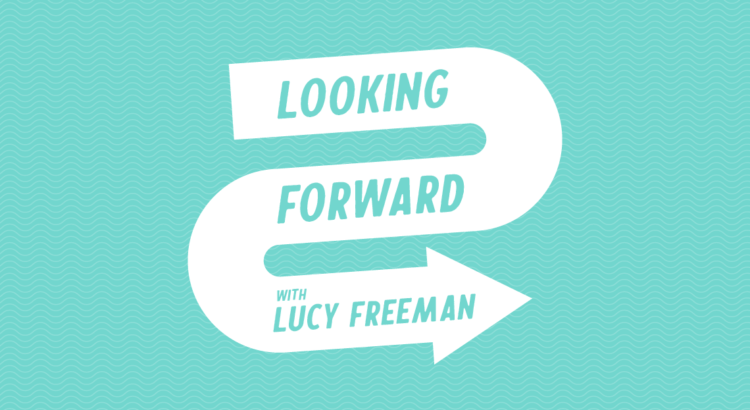Happy Friday, everyone!
It’s another sunny day here in Ann Arbor. I don’t know about you, but that automatically boosts my mood – plus it’s practically the weekend already!
 This week I had the opportunity to chat with Cinderella Ksebati, Co-Founder and Music Director of BlueNote Vocal Jazz Ensemble. As another fairly new organization on campus, I was excited to learn more about how they have adapted this year and what their upcoming plans for performances were like. Let’s dive right in!
This week I had the opportunity to chat with Cinderella Ksebati, Co-Founder and Music Director of BlueNote Vocal Jazz Ensemble. As another fairly new organization on campus, I was excited to learn more about how they have adapted this year and what their upcoming plans for performances were like. Let’s dive right in!
Founded in 2019, BlueNote Vocal Jazz Ensemble aimed to help fill the void of limited opportunities for students to participate in vocal jazz on campus. The group consists of both undergraduate and graduate students, including a mix of SMTD and other schools. They were able to perform on campus at the SMTD’s “Collage” event, as well as a few off-campus opportunities before campus shut down in early 2020 due to COVID-19. This hasn’t stopped Cinderella and her team, though. They are still working just as hard to “revitalize the attending-a-jazz-concert experience and in 2020-2021”.
“We are thinking, okay, how do we present this using technology, using what we have at our disposal, and continuing to make art, create jazz music, and start to get people engaged with this genre. And bring it back to the forefront of the arts as is such an American tradition, we want to bring it back and take bits and pieces of those traditions honoring and paying homage to all the vocal jazz greats. Of the groups like, for example, Take Six, New York Voices, so some of our program for the upcoming project that we’re working on, “Let’s Go to the Movies”, encompasses a couple of those things. We are mixing the media, we’re doing a 30-minute jazz film and we’re using all vocal jazz repertoire.”
To prepare for that project, BlueNote has been meeting via Zoom 2-3 times a week and using an online audio workstation that allows them to hear a little bit of the “blend” that vocal groups work so hard to achieve in performances. They have also incorporated a few individual, in-person rehearsals, following county and university guidelines.
Though Cinderella does miss in-person performances, she notes that there have been some interesting developments in vocal jazz, at least in BlueNote, that she hopes will continue after COVID. Specifically, adding more storytelling into their performances is something she has really enjoyed.
“It won’t necessarily be a film next year, who knows, but I certainly think that that is going to be changing some things and just in terms of our passions of the group members.”
Check out their most recent YouTube video above, performing “Walkin My Baby Back Home”.
BlueNote’s newest project, a short jazz film titled “Let’s Go to the Movies”, will premiere in April. You can stay up to date on their upcoming events by following their Instagram and subscribing to their YouTube channel. Lastly, keep in mind that the group holds auditions every semester, so definitely keep an eye out this Fall if you’re interested in singing!
That’s all from me this week!
Stay safe,
Lucy


 Photo by Julia Rose Lawson.
Photo by Julia Rose Lawson. 